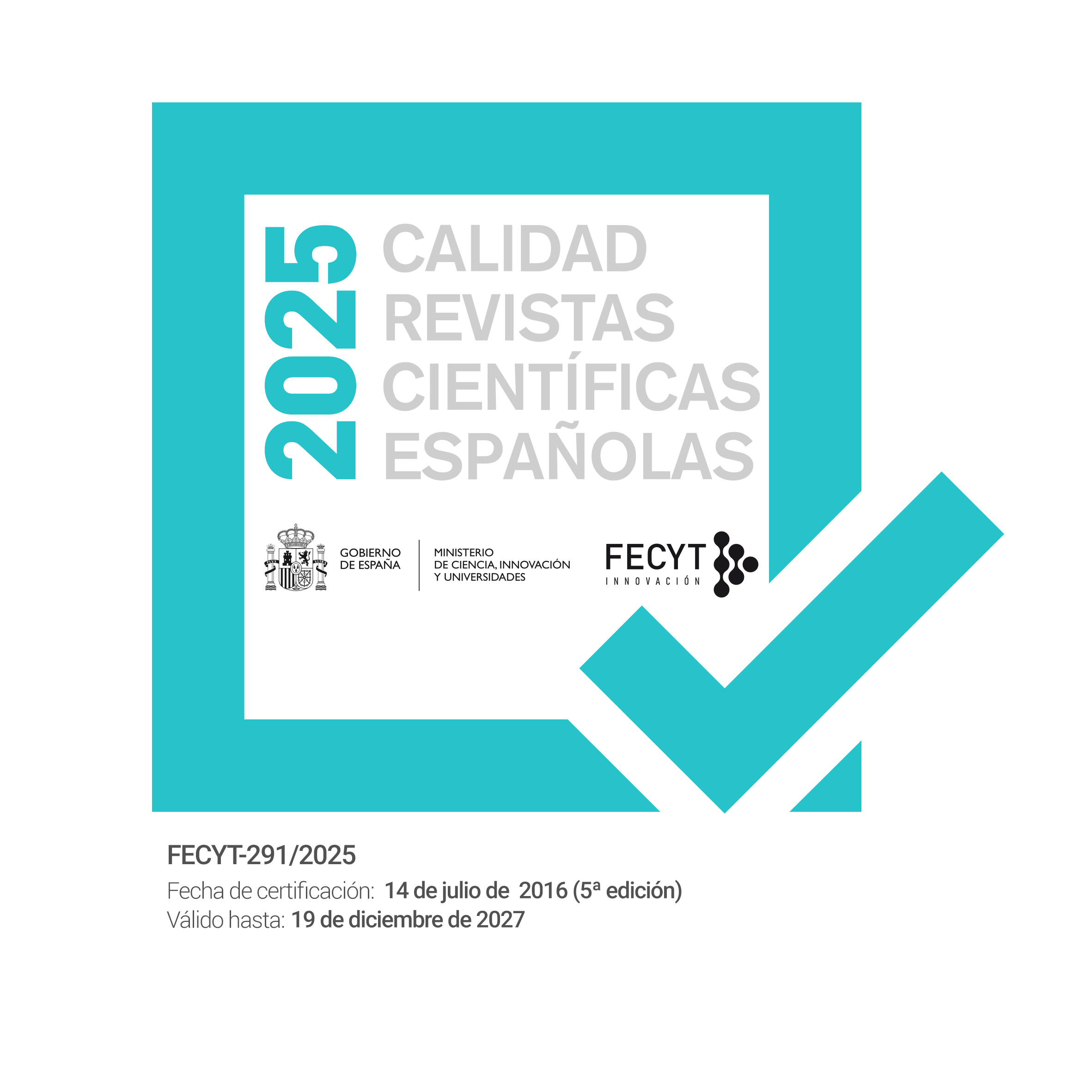Imágenes fotográficas, ética y educación: itinerario posible desde la narrativa de cartoneras
Keywords:
Educación ciudadana, Identidad cultural, Ética, Fotografía, TrabajadorasAbstract
Este artículo presenta análisis relacionados con la elaboración y utilización de imágenes fotográficas, resaltando sus repercusiones éticas y educativas. Lo hará problematizando los resultados de una investigación realizada con cartoneras1 de la ciudad de Porto Alegre, sur de Brasil, en el primer semestre de 2010. Tal proyecto buscaba comprender cómo las cartoneras utilizaban imágenes (fotográficas) en la caracterización de sus actividades cotidianas, considerando estas actividades en un proceso educativo de construcción de narrativas identitarias. Observando las trayectorias y las redes de sociabilidad/solidaridad que constituyen el acto de narrar, buscamos establecer diálogos desde las fotografías hechas por estas trabajadoras, descubriendo una práctica formadora desde la cual planteamos la relación entre educación, ética y producción de imágenes, reconociendo las especificidades culturales de sus fotografías.
This paper presents some analyses related to the production and use of photographic images and points out their ethical and educational impact. The results of a survey carried out with trash pickers from the city of Porto Alegre-RS (South of Brazil) in the first half of 2010 are presented. The project aimed at understanding how the trash pickers used photographic images in the characterization of their everyday activities, considering them as an educational process of identify narrative construction. Looking at the trajectories and the sociability/solidarity networks which make up the act of narrating, it was sought to establish dialogues from the photographs taken by the workers. It is glimpsed a formation practice which considers the relationship among education, ethics, and production of images, recognizing the cultural specificities of their photographs.
Downloads
Downloads
Published
Issue
Section
License
Authors who publish in this journal accept the following conditions:
1. The Author retains copyright in the article. Upon acceptance of the article, the author shall grant to the Publisher the right of first publication of the article. with the dcoument registered with the Creative Commons Attribution-NonCommercial-NoDerivative 4.0 International (CC BY-NC-ND) license, which allows to third parties to use what is published whenever they mention the authorship of the work and the first publication in this journal.
2. Authors can make other independent and additional contractual agreements for the non-exclusive distribution of the article published in this journal (eg, include it in an institutional repository or publish it in a book) provided they clearly indicate that the work was published for the first time in this journal.
3. Authors are allowed and recommended to publish their work on the Internet (for example on institutional or personal pages) before and during the review and publication process, as it can lead to productive exchanges and a greater and faster diffusion of published work (see The Effect of Open Access).









